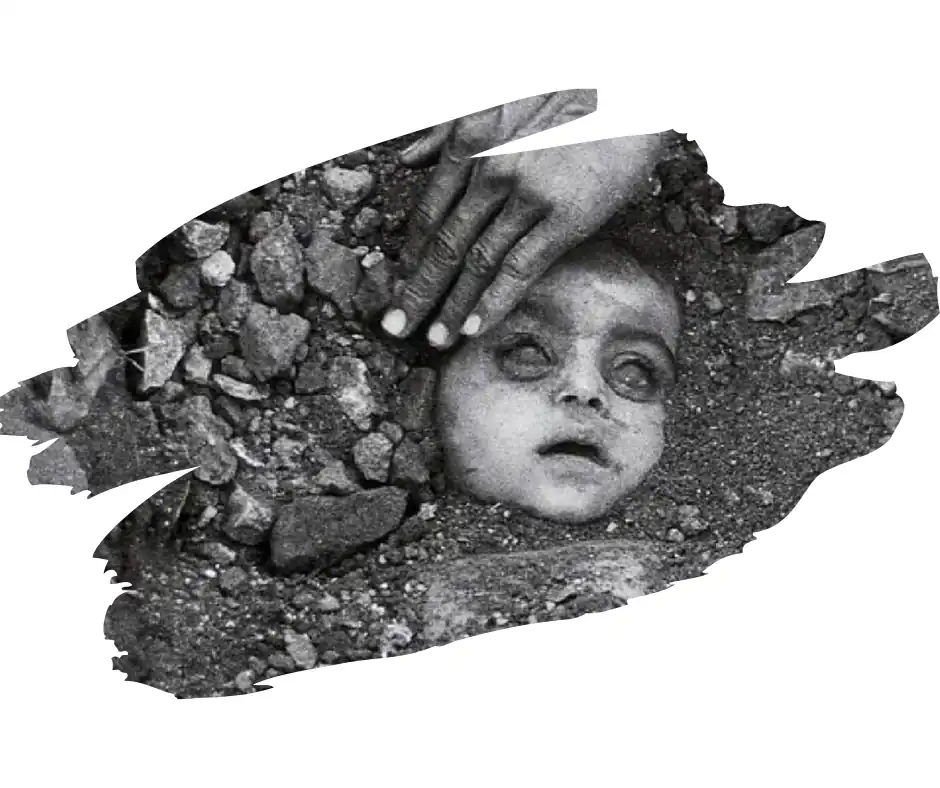Letter Exchange between CM Mamata and Central Government
The ongoing exchange of letters between West Bengal CM Mamata Banerjee and the Central Government has raised serious concerns about how rape and murder cases are handled in the state. This communication began after the brutal rape and murder of a young doctor at Kolkata’s R G Kar Medical College, an incident that sparked widespread outrage.
Letter Debate between CM Mamata and Central Government
CM Mamata Banerjee demanded for strict regulations
Chief Minister Mamata Banerjee initiated contact by writing to Prime Minister Narendra Modi. She requested the establishment of harsher laws and emphasized the need for prompt justice in cases involving horrific crimes such as rape and murder.
Banerjee expressed profound concern about the increasing number of such events, arguing that the current legal structure is insufficient to deter these crimes. To guarantee quick justice, she advocated for statutory rules that require the resolution of such cases within a fixed timeframe, ideally within 15 days.
In her letter, Banerjee also highlighted the efforts of the West Bengal government, which established 88 Fast Track Special Courts (FTSCs) and 62 courts specifically designated for POCSO (Protection of Children from Sexual Offences) cases. Despite these efforts, she stressed the necessity of a stronger central law to tackle the issue at a national level.
The Central Government’s Response to CM Mamata
In response to Banerjee’s letter, the Central Government, through Union Minister Annapurna Devi, claimed that the existing rules under the Bharatiya Nyaya Sanhita (BNS) are already strict enough to handle crimes against women. The minister criticized the West Bengal government for delaying the operationalization of 11 additional FTSCs, which are crucial for effectively addressing cases involving rape and POCSO.
Devi’s letter also pointed out factual inaccuracies in Banerjee’s communication. The Central Government suggested that the Chief Minister’s letter might have been an attempt to cover up the state’s delays in setting up the required courts. The Union Minister urged the West Bengal government to implement the existing central laws “in letter and spirit,” emphasizing that proper implementation would strengthen the criminal justice system and ensure justice for the victims.
What Was in Mamata’s second Letter?
In her second letter to the Prime Minister, Banerjee reaffirmed her call for tougher laws. She expressed unhappiness with the Central Government’s lack of serious reaction. Despite the state’s efforts, she emphasized, the alarming number of rape cases across the country requires prompt attention and action from federal authorities.
Banerjee also discussed the state’s actions, including the sanctioning of ten exclusive POCSO courts. She stressed the importance of establishing more FTSCs to ensure swift trials. Banerjee criticized the Central Government’s generic response and advocated for a more determined strategy to resolve the issue.
Progress in the Kolkata Doctor Case
The tragic incident that prompted this exchange of letters has seen slow progress. The investigation into the rape and murder of the young doctor continues. Public demand for swift justice is growing louder. The case has become a symbol of the broader issue of crimes against women in India, fueling debates about the adequacy of the current legal framework and the need for reforms.
Current Situation in Kolkata
As the legal and political battle over this issue intensifies, the situation in Kolkata remains tense. Protests and public demonstrations have taken place, with citizens demanding justice for the victim and better protection for women in the state. The state government faces criticism for its handling of the case, and the Central Government’s response has added to the political friction.
The ongoing exchange between the state and central governments highlights the complexities of addressing crimes against women in India. Legal, political, and social challenges intersect in this issue. As both sides continue to exchange letters and statements, the focus remains on ensuring justice for the victim and preventing such incidents in the future.
Conclusion
The exchange of letters between Chief Minister Mamata Banerjee and the Central Government underscores the critical need for a more effective legal framework to prevent crimes against women. While the West Bengal administration has taken steps to address the problem, the Central Government’s emphasis on proper implementation of existing legislation highlights the persistent challenges in achieving justice. As the case progresses and the situation in Kolkata intensifies, the need for stronger legislation and immediate action continues to grow.
Details in the Articles are collected from trusted Sources you can visit Hindustan Times for more details.
Wanna Explore More Articles?

Bhopal Gas Tragedy
Bhopal Gas Tragedy, where a single night in 1984 forever altered lives and landscapes.
Unified Pension Scheme
Indian Government introduced new pension policy Unified Pension Scheme (UPS) over National Pension System.

Not Satisfied with these?
Visit the Category Page and Select the category you want.
The Page “Reading Zone” is the property of Paraworld.in, any activity against our Privacy Policy will be punishable.
